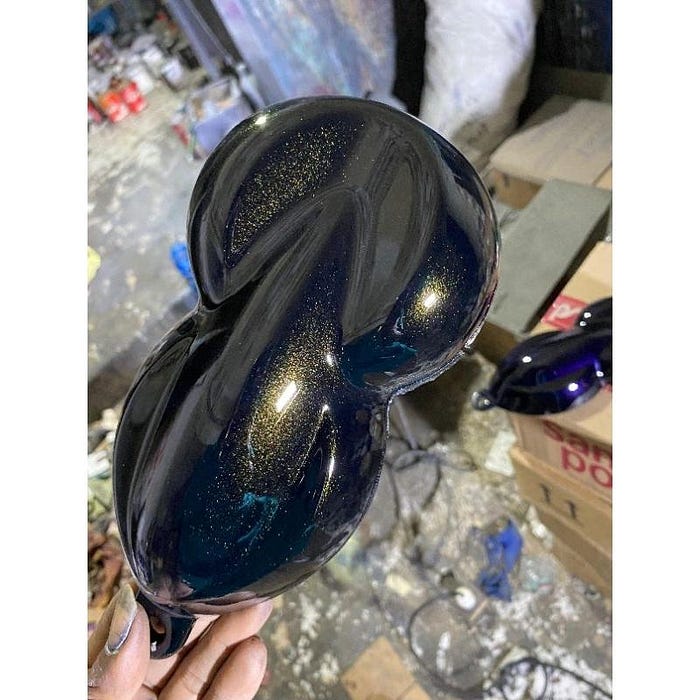 |
| Buffalo's City Hall. Finished at the start of the Great Depression, it raises a fist to the world. Its tile bands and frieze work are characteristic for Buffalo architecture. |
This week, in honor of Dyngus Day, I’m concentrating on my home town, Buffalo, New York.
A few years ago, an architect friend of mine seemed strangely excited to be visiting Buffalo. Since I grew up there, I take it for granted. It was interesting to see it through an informed visitor’s eyes.
The story of Buffalo’s architecture starts with economic boom. By the turn of the last century, Buffalo was the eighth largest city in the United States, a major railroad hub, and the most important grain-milling center in the country.
 |
| A postcard of the lake at Delaware Park, circa 1906. |
All that money meant that some of the nation’s most important architects were hired to work there. Its parks and parkways were designed by Frederick Law Olmsted and Calvert Vaux. Fans of New York’s Central Park will find echoes of it in Buffalo’s lovely Delaware Park.
The Guaranty Building (now called the Prudential Building) was an early skyscraper designed by Louis Sullivan and Dankmar Adler. Completed in 1896, it is a combination of modernism and the terra-cotta ornamentation that is so prevalent in Buffalo.
 |
| Louis Sullivan's Guaranty Building is covered in warm red terracotta tile. |
Frank Lloyd Wright built the Darwin Martin house in the city. His Greycliff, a summer estate south of Buffalo, has been restored to its former glory. Sadly, his Larkin Administration Building (where my mother once worked) was demolished in 1950 to make a truck stop.
 |
| Frank Lloyd Wright's Larkin Administration Building is now gone, but other examples of his work live on. |
H. H. Richardson designed the massive, Romanesque Buffalo State Hospital in 1870. He was working along the principles of psychiatrist Thomas Story Kirkbride, who believed in a philosophy of Moral Treatment for mental patients. The building itself was meant to be curative, with sunshine, beauty and fresh air aiding in treatment.
 |
| Buffalo Insane Asylum. |
Kleinhans Music Hall was endowed by the owners of a men’s clothing store in the city. It was designed by Eliel and Eero Saarinen and is widely considered one of the best music halls in the United States.
The grain elevator was invented in Buffalo in the 1840s by Joseph Dart and Robert Dunbar. (Since the grain would be moved along by packet boat on the Erie Canal, this is also an early example of cross-docking.) The Buffalo waterfront is now infested with hulking remnants of these from various periods, which seem to fascinate industrial historians. I would prefer a beach, myself.
Then there is my personal favorite: City Hall. Finished in 1931, it is a fist raised to the world. At 378 feet in height, it is one of the biggest municipal buildings in the United States, and its location on Niagara Square (which is, of course, a circle) makes it tower over the cityscape.
Let me know if you’re interested in painting with me in Maine in 2014 or Rochester at any time. Click here for more information on my Maine workshops!
.jpg)


